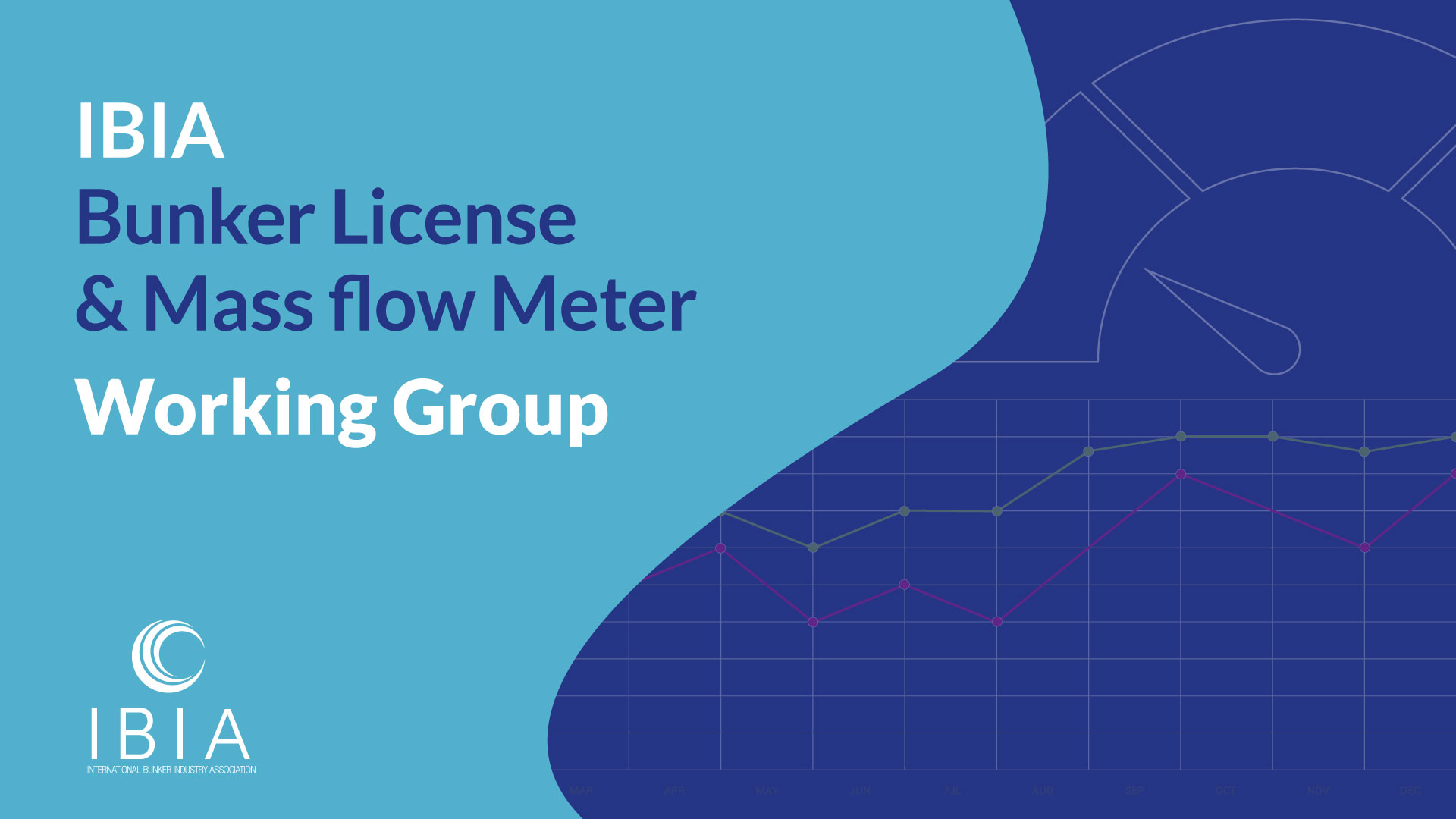IBIA’s Position on Coriolis Mass Flow Meter (MFM) Adoption in the Bunker Industry
Background
IBIA supports greater transparency in the bunker sector, with the Coriolis Mass Flow Meter (“MFM”) as one of the solutions. The joint IBIA and BIMCO survey in 2022 established a strong desire from the bunker industry to increase transparency between suppliers and buyers, reduce quantity disputes and create a level playing field for bunker suppliers and buyers.
The benefits of the MFM have been proven in the Port of Singapore where the implementing authority, Maritime & Port Authority of Singapore (MPA) has mandated the use of mass flow metering system for custody transfer of all marine residual fuel oils since 2017 and since 2019 for all distillates. Supporting the implementation of MFM has been the development of Singapore Standards and mandatory application SS648:2019, which has provided a holistic approach in bunker assurance measurement, while maintaining a high-level integrity of the MFM system, through robust standardisation and audit regime, along with continual industry engagement in developments of the standards and regulations.
International Standards on Bunker Mass Flow Metering
IBIA acknowledges that some bunker ports already have in place national or regional legislation on measuring instruments such as MFMs for use in general trade or custody transfer and that these MFMs meet the prescribed requirements to ensure their readiness for oil and gas measurement. However, these requirements may not necessarily be specific to bunker fuel measurement mainly due to the complexity of bunker fuel and its operational transfers.
The International Standard Organisation’s ISO22192:2021 offers a unified approach, ensuring the MFM system installed on a specific bunker tanker conforms to the requirements of a bunker operation.
Based on the experience and knowledge gained from bunker stakeholders, ISO22192 was developed for the bunker industry to:
- enhance the efficiency of the bunkering operation
- promote best practices in bunker fuel measurement and
- provide the fundamental principles, requirements, and procedures of the MFM system.
The standard focuses on the metering operation providing the procedures and requirements of handling the MFM system in a bunker delivery operation. The guidelines also ensure that the MFM system continues to maintain its conformity to the prescribed requirements, through equipment metrological verification and regular certification by independent inspection companies, thereby further strengthening confidence and assurance in ports that adopt MFMs for bunkering.
The IBIA Bunker Licensing and MFM Working Group supports all ports in their implementation of MFMs. An international standard like the ISO22192 will harmonise MFM practices and requirements, thus avoiding confusion among industry stakeholders.
Embracing Digitalisation
In today’s digital landscape, the adoption of MFM will support the further use of the electronic Bunker Delivery Note (“electronic BDN”) which was formally approved at MEPC 80. MFM are an important solution to streamline digitalisation for end-to-end bunker operations as this can support real time measurement and operational information needed for the use of electronic BDNs.
In this respect, it is expected that other international bunker ports will need to consider the adoption of MFMs to remain relevant and utilising an established and harmonised international standard offers a strong solution in this direction.
For more information contact IBIA on ibia@ibia.net
